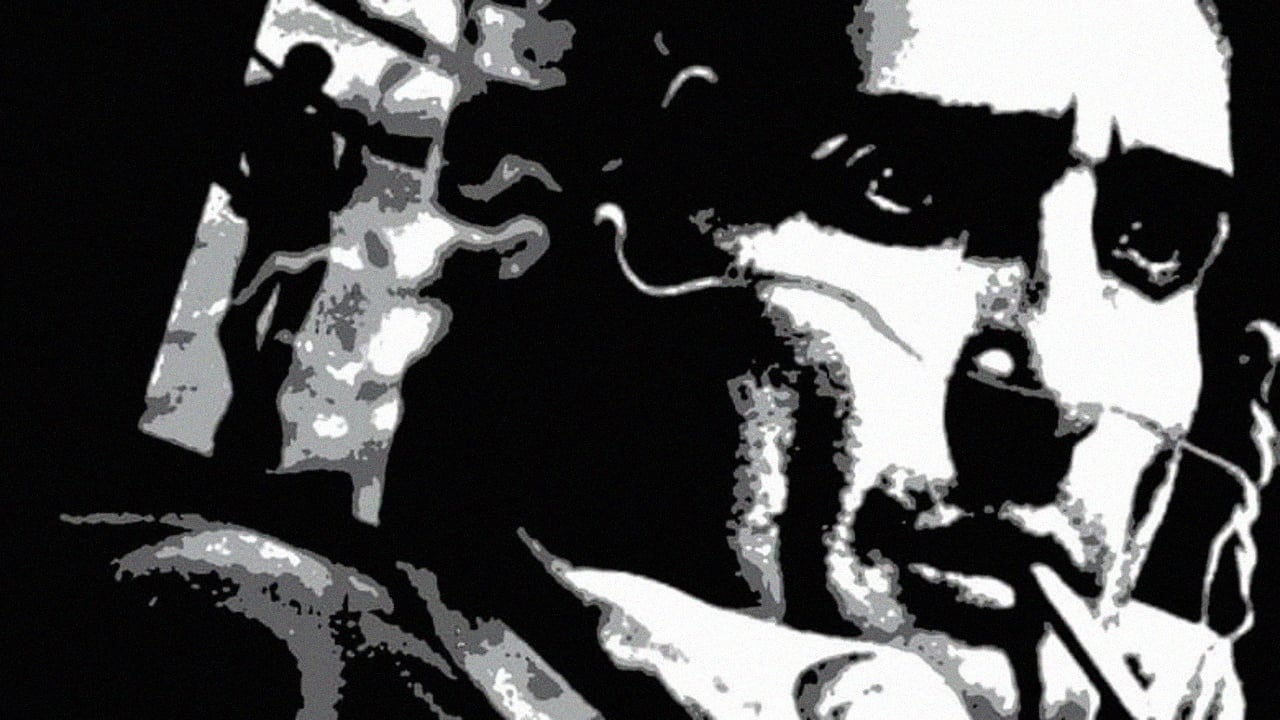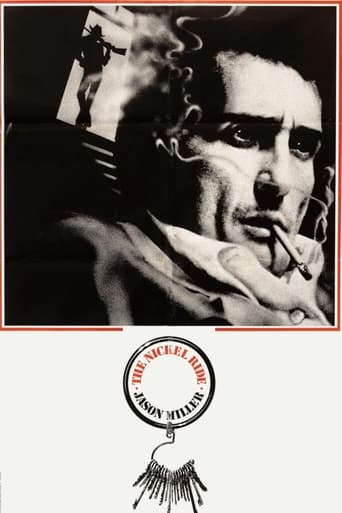Matcollis
This Movie Can Only Be Described With One Word.
Konterr
Brilliant and touching
Beystiman
It's fun, it's light, [but] it has a hard time when its tries to get heavy.
Mischa Redfern
I didn’t really have many expectations going into the movie (good or bad), but I actually really enjoyed it. I really liked the characters and the banter between them.
njp2011
Not so much a review as an observation. Cooper's position seems to be as much a function of his outmoded sense of honor as any other reason. His boss speaks to the corporate nature of the "higher ups" who want results while Coop seems to have a sense of obligation to the small fry who look up to him. He "carries" thieves whose goods are clogging his warehouses when he should be taking their goods and selling them off opening space for those clamoring to get in. He refuses to force a two-bit fighter who is all but washed up to take a dive and throw his career because of a friendship with his manager. His beat down of his bosses enforcer is in defense of the "little guys" who hang on in his territory by their fingernails. Their love and respect is shown in the birthday party. This notion of Coop being driven by an out of place sense of honor is what gives the denouement its sense of inevitability. He cant change. He knows it and he knows where it will lead - certainly most clearly after his "dream."
Steve Skafte
"The Nickel Ride" is all about mood. There's a nearly-constant feeling a dread in the air. From the first scene, you get the terrifying sensation that something bad is going to happen, and that anything to the contrary is a fleeting illusion. Cooper (played by Jason Miller) is supposedly a guy who everyone likes, but it soon becomes clear that no one respects him. Maybe it's because he stopped fighting a long time ago, back when his apathy buried his anger. There's a sense of hope in him, though, but that just makes him a target. He's in a line of work that perceives anything but the iron fist as a sign of weakness - and it's these desperate days that the opening scene drops us into. Out of a nearly-waking dream, like a mirror of Miller's first film "The Exorcist", he sees something coming that's more a thing of impeding doom than that of direct prophecy.It's a somewhat atypical film for director Robert Mulligan. He was more one for straightforward dramas, rarely tackling a subdued loner-driven narrative like this. This is also an early original script for Eric Roth, who is certainly treading much more uncomplicated ground than on his later stories. He's written something that can be carried completely by performances. "The Nickel Ride" doesn't reach very far, so it's not totally capable of the sort of staying power that keeps other 1970s classics in our minds. But the powerful uneasy feeling and the performance of Jason Miller makes it something special. This is a curious, angry, scared little alleycat of a film.
David Isaac Tam
This is a rare example of the mob-procedural subgenre, and should be issued as a DVD. Castro Theatre in SF screened a print -- which I surmise was somewhat faded and over-purpled/sepiaed -- 18 March 2008 with Friends of Eddie Coyle (which I thought the better of the two). Audience of over 200 applauded warmly, especially Jason Miller's very fine acting. I did not have the trouble some following the plot that commenters reported, or with knowing what was paranoia (once it played out), what was actually happening. Also, Los Angeles sprawl-downtown was instantly recognizable. I also appreciated Linda Haynes' work as cootchie-dancer.
bmacv
With its murky, monochrome photography and jangly, percussive score, The Nickel Ride could be mistaken as a film from no other decade than the 1970s. That was when the feel and the technique of movies were breaking away from the `well-made' mold enforced by studios over the previous 40 years. Some directors pioneered those changes, helping to freshen film from staled conventions by finding looser, more oblique ways to tell a story; others jumped on the bandwagon, unsure of where it was headed or quite how to get there. Robert Altman was such a pioneer; Robert Mulligan, who directed The Nickel Ride, wasn't.Like The Friends of Eddie Coyle of two years earlier (for which David Grusin also, as here, wrote the music),The Nickel Ride inhabits the talking-big-but-living-low world of organized crime at its lower strata. Also like Eddie Coyle, it takes as its subject the last-ditch schemes and final days of a loser. Jason Miller plays a small-time operator who has his fingers in a lot of shady pies: fixing fights, middle-manning hot merchandise, even hawking bail bonds. He seems to have a past as a grifter on the carny circuit, where he met his `cracker' wife (Linda Haynes), a hoochie-coochie dancer.Miller has secured an old commercial site with bays into which trucks can disgorge their hijacked merchandise; he hopes it will become an irresistible depot for stowing contraband. But he keeps getting the runaround from his superior, John Hillerman. Next emerges a `Cadillac cowboy' (Bo Hopkins) who Miller comes to believe has been engaged to kill him. But he falls back on the swagger and bluster that have turned him into a local hero, postures that cut little ice in the ever more impersonal and cutthroat world of crime gone corporate....Mulligan opts to let his story just sort of happen; unfortunately, we viewers need a little more help. Sorting out the many characters and their relationships becomes a chore, and often, thanks to the abrupt cuts, we don't know where we are or why we're there. And though a large part of the movie's strength is its raffish urban milieu, even that stays unspecific (I thought it took place in lower Manhattan, but it's set and shot in Los Angeles). The Nickel Ride is an existential downer of a mid-70s crime thriller, like Eddie Coyle and Hickey and Boggs. But, unlike The Nickel Ride, that last title (directed by Robert Culp, in his sole directorial outing) brightened its bleak vision with sharper moviemaking skills.

